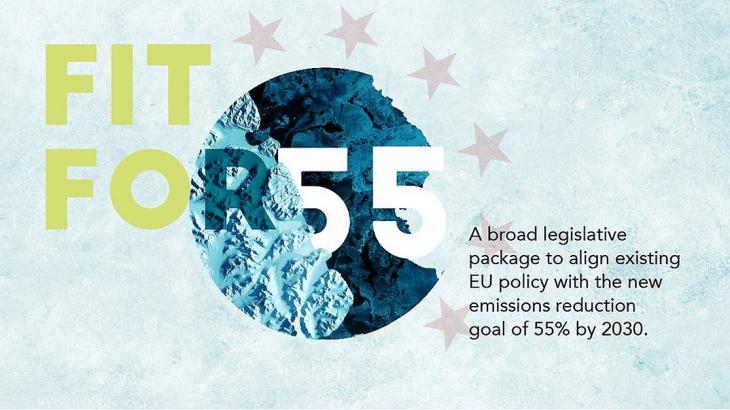EU business proposals for climate neutrality and industrial competitiveness
Today, BusinessEurope published its essential positions on the European Commission’s ’Fit for 55’ package to significantly deepen and broaden the decarbonisation of Europe’s economy to achieve climate neutrality by 2050.
Our position paper gives detailed answers on how the transition to a climate-neutral economy by mid-century can be achieved while keeping climate ambition hand in hand with industrial competitiveness.
Our paper explains European business’ full range of views concerning the EU ETS, the Social Climate Fund, the Carbon Border Adjustment Mechanism (CBAM), the Energy Taxation Directive (ETD), the Renewable Energy Directive, the Energy Efficiency Directive, CO2 emissions for cars and vans, the Alternative Fuels Infrastructure Regulation, the ReFuelEU Aviation Regulation and the FuelEU Maritime Regulation. Our paper shows how crucial it is for European business to get these decisions right, as we’re ahead of massive challenges and transition costs which have to be dealt with.
BusinessEurope President Pierre Gattaz said:
“The ‘Fit for 55’ package will fundamentally alter the functioning of our economies. We need swift and momentous action and massive investments to meet the ambitious 2030 targets. The package entails bold steps to strengthen the ETS, to introduce a first-of-its-kind carbon border adjustment and to seek to profoundly change the market through sectoral legislations for mobility, aviation and shipping. EU business is committed, but to make this transition economically successful, as well as socially and politically acceptable, we also need several key policy adjustments.”
BusinessEurope Director General Markus J. Beyrer said:
“As we see a persistent gap of ambition between the EU and its trading partners, we need a robust, tested and reliable framework for carbon leakage, sufficient and predictable provisions of free allowances in the ETS. The basis for any deep decarbonisation is the provision of abundant, affordable, zero- and low-carbon energy so that companies can be assured of security of supply when making investment decisions. European industry also needs more support to develop and deploy breakthrough technologies.”






